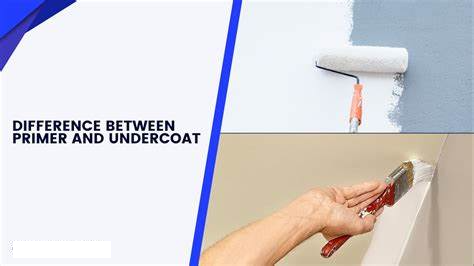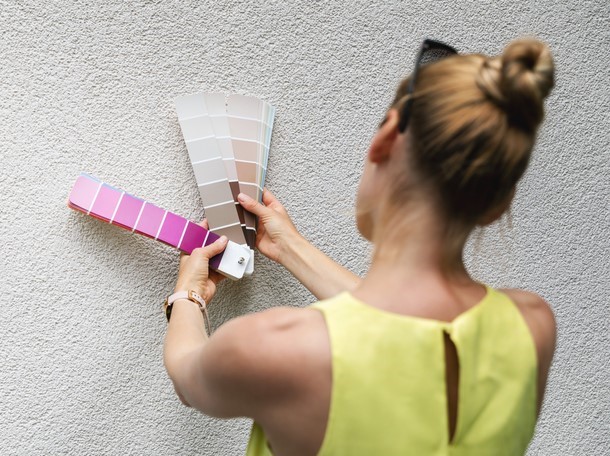Thought about doing it yourself?
Paintway are giving you a few tips to help you get started.
How to Paint a House Exterior.
Before you begin your exterior house painting project, keep these steps in mind.
Preparing to Paint.
First, remove as many items as you can (planters, mailboxes, shutters, house numbers, hoses, outdoor furniture, light fixtures, etc.). Then be sure to protect any bushes or items that can’t be removed by covering them up with drop cloths. You can also put drop cloths under the areas you plan to paint. Next, be sure to clean (an option is to power wash), repair (fill in holes or cracks with caulk), and prime all surfaces before painting your house’s exterior.
Once the primer coat has dried and all your preparations are complete, you’re ready to paint. Remember to mix your paint thoroughly before you start painting–and continue to stir it during use. Start with the Body of the House (“Fascia”)
When tackling your exterior house painting project, you can paint with either a brush, a roller or, most likely, both. Rolling can save you time, but you will need to use a brush for corners, trim, and doors.
Painting with a Brush.
To load your paintbrush, immerse the first third of the bristles into the paint and tap it lightly against the inside of the can. Try not to drag the bristles across the lip of the can, as this will remove too much paint.
When you apply paint, use long, smooth strokes with your brush. On clapboard surfaces, if paint gathers along the horizontal edge, it has been applied too heavily or not brushed out enough. Remember that for a well-spread, even coat, you should brush oil-based house paints back and forth several times.
Latex paints, however, require less brushing. Because they dry out quickly, excessive brushing can cut deep brush marks into the paint film. When you use latex paints, apply the paint generously with one or two back strokes and then leave it to dry.
.Painting with a Roller.
Applying paint with a roller works well with porous surfaces like masonry and stucco. Ideal for flat surfaces, rollers will not fit into inside corners, and will often deposit too much paint on the edges of outer corners.
To use a paint roller, dip your roller in the paint tray, rolling it back and forth to remove any excess paint. If it drips when you pick it up, it is overloaded. Use long, even strokes, and roll in different directions to coat the entire surface. Finish painting with strokes in one direction.
Painting Trim.
The trim should be the last area you paint. Begin by coating your window sash and door paneling first, and then paint the window frames, sills, and door trim.
If paint gets on the window’s putty line, it will serve to protect the puttied surface from water. To create a clean edge, scrape off any excess paint with a razor blade. If shutters can be removed, paint them separately and replace them when the rest of the job is finished. Then it’s time to admire your work!
 wpaintway2019.au3.live-preview.net
wpaintway2019.au3.live-preview.net






